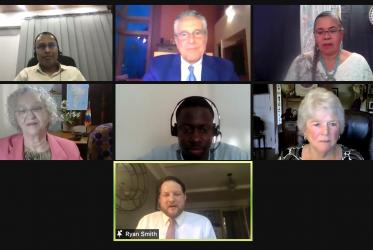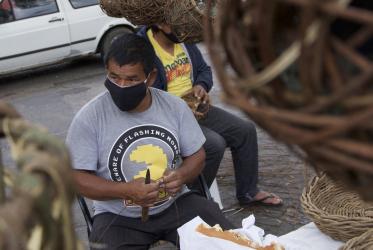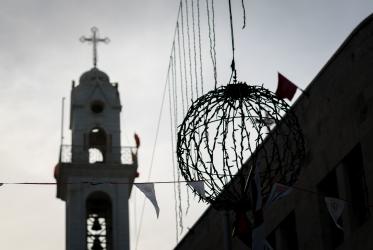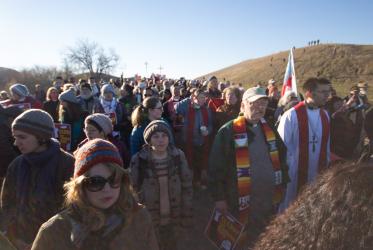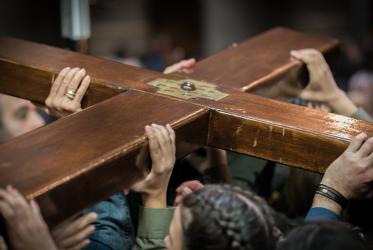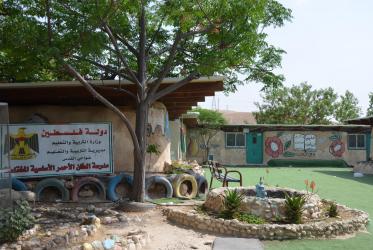Displaying 101 - 120 of 279
29 October 2021
Calls grow globally for peace and accountability in South Sudan
24 September 2021
How racism and colonialism are exacerbating impacts of climate change
29 September 2021
Pacific Theological College publishes “A COVID-19 Wellbeing Statement”
03 September 2021


